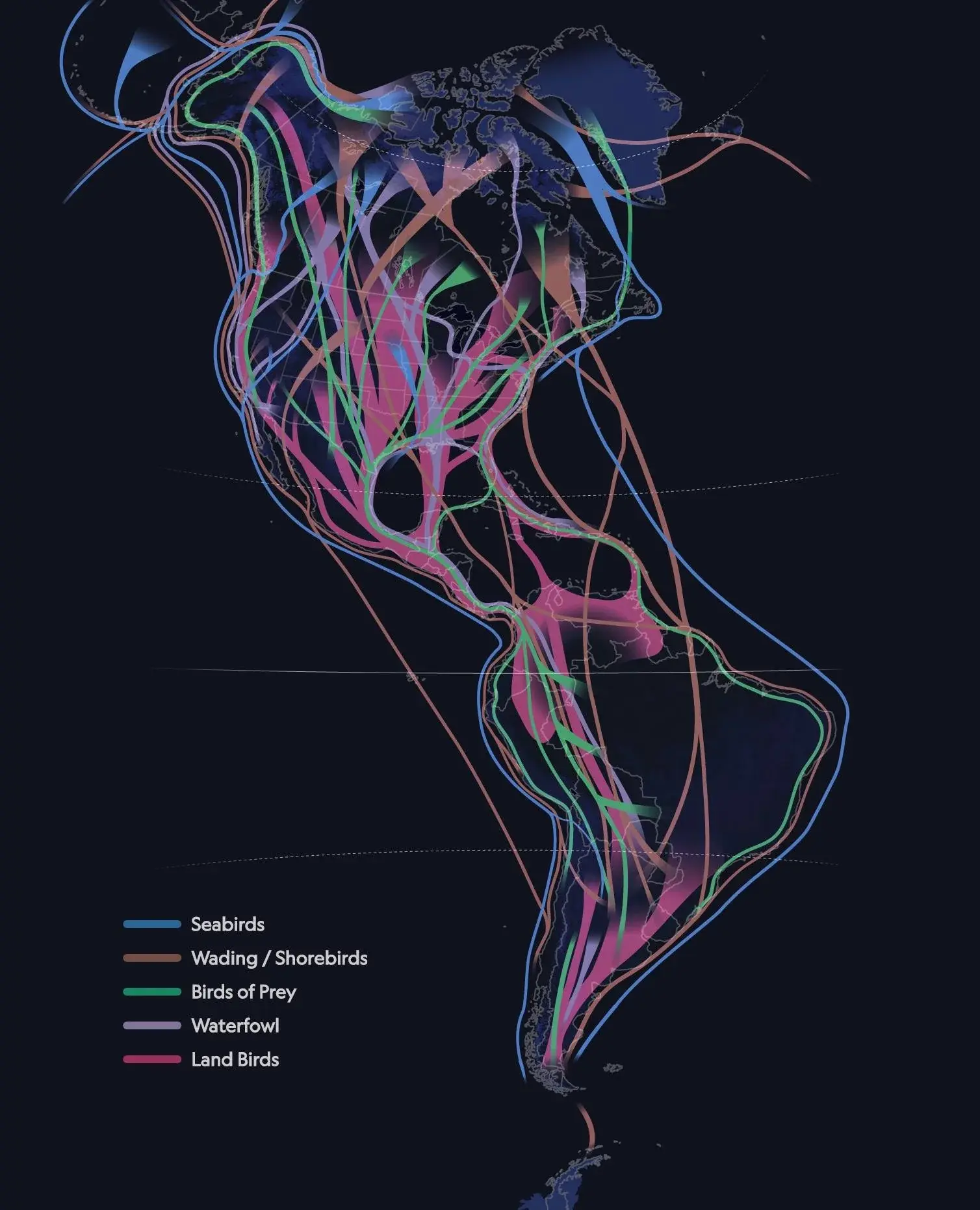Biodiversity
Welcome to c/Biodiversity @ Mander.xyz!
A community about the variety of life on Earth at all levels; including plants, animals, bacteria, and fungi.

Notice Board
This is a work in progress, please don't mind the mess.
2023-06-16: We invite our users to contribute resources for the sidebar.
2023-06-15: Looking for mods!
About
Biodiversity is a term used to describe the enormous variety of life on Earth. It can be used more specifically to refer to all of the species in one region or ecosystem. Biodiversity refers to every living thing, including plants, bacteria, animals, and humans. Scientists have estimated that there are around 8.7 million species of plants and animals in existence. However, only around 1.2 million species have been identified and described so far, most of which are insects. This means that millions of other organisms remain a complete mystery.
Over generations, all of the species that are currently alive today have evolved unique traits that make them distinct from other species. These differences are what scientists use to tell one species from another. Organisms that have evolved to be so different from one another that they can no longer reproduce with each other are considered different species. All organisms that can reproduce with each other fall into one species. Read more...
Rules
- Don't throw mud. Be kind and remember the human.
- Keep it rooted (on topic).
- No spam.
Quick Links
Resources
- The Convention on Biological Diversity (UN)
- The Biodiversity Heritage Library
- Maps of the World's Biodiversity
- Ecosystems and Human Well-Being (free e-book)
- Falling Fruit: Map of the Urban Harvest
Bypass Paywalls
- On Ethics 1 2 3 4
- WaybackMachine (archive.org)
- Behind the Overlay Browser Extension
- ladder
- Anna's Archive
- Bypass Paywalls Browser Extension (see readme for Chrome & mobile options.)
Similar Communities
Sister Communities
Science and Research
Biology and Life Sciences
- !anthropology@mander.xyz
- !microbiology@mander.xyz
- !biodiversity@mander.xyz
- !palaeoecology@mander.xyz
- !palaeontology@mander.xyz
Plants & Gardening
Physical Sciences
Humanities and Social Sciences
- !archaeology@mander.xyz
- !cooking@mander.xyz
- !folklore@mander.xyz
- !history@mander.xyz
- !old_maps@mander.xyz
Memes
Find us on Reddit!
